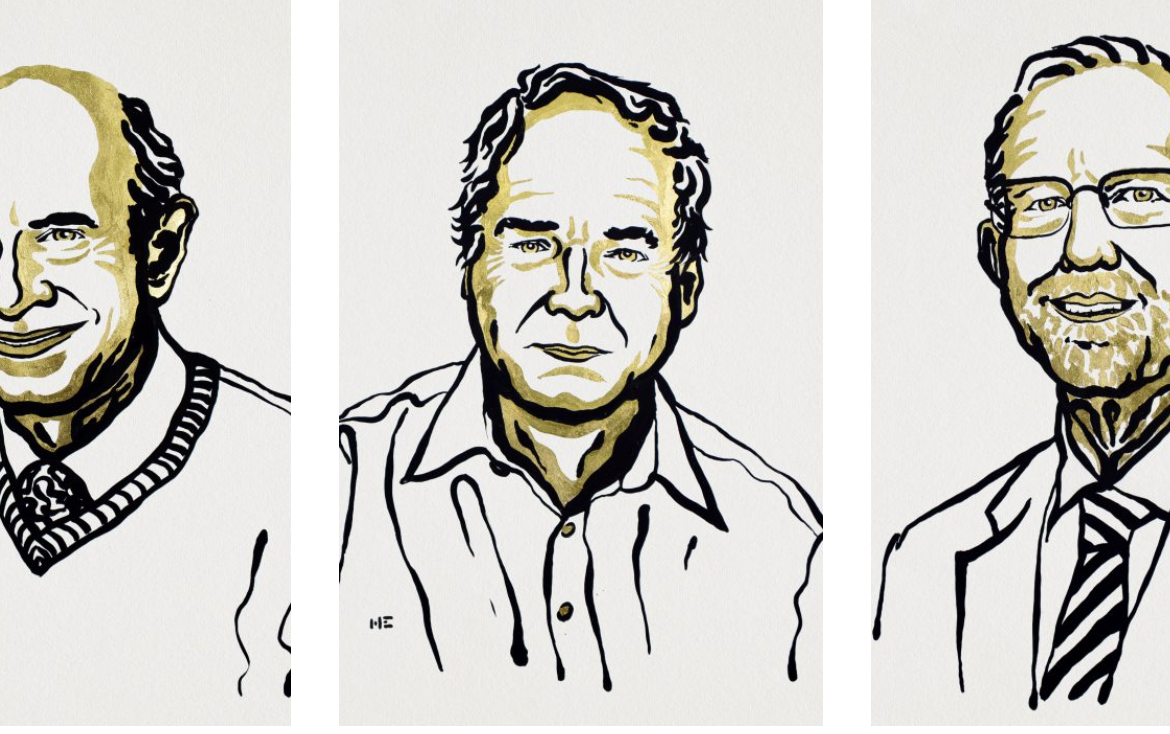
2020 Nobel Prize in Physiology or Medicine
The 2020 Nobel Prize in Physiology or Medicine was awarded to Harvey J. Alter, Michael Houghton and Charles M. Rice “for the discovery of Hepatitis C virus”. These three scientists made a major contribution to the fight against hepatitis, a global health problem.
Hepatitis, commonly known as liver inflammation is mainly caused by viral infections. The most commonly known are the five Hepatitis viruses A, B, C, D, and E -which are all from different virus families. Other causes of the disease include autoimmune diseases, environmental toxins, certain medications, and heavy alcohol use. The disease has the potential to cause cirrhosis and liver cancer if it becomes chronic.
Before the discovery of the Hepatitis C virus, two other Hepatitis viruses (A and B) were already known. However, these largely failed to explain the majority of blood-borne hepatitis cases around the world. The efforts of Alter, Houghton and Rice revealed the cause of the remaining chronic hepatitis cases, making it possible to work on new blood tests and medicines to save millions of lives. Highly sensitive blood tests that can detect Hepatitis C virus presence now play a pivotal role in preventing post-transfusion hepatitis in many parts of the world.
Hepatitis A virus was the first to be named in the family, which is transmitted by contaminated water or food. This virus may or not may not cause symptoms, and rarely has long-term effects on the patient. Only a single infection is enough to give a person immunity for life, and the vaccine does the same job.
Hepatitis B is transmitted through infected blood and bodily fluids and can lead to chronic hepatitis, which may eventually cause cirrhosis and liver cancer. This one can also be prevented with immunization, just like Hepatitis A and D. The latter, Hepatitis delta virus can only be seen in patients infected with Hepatitis B.
Hepatitis C is transmitted primarily by infected blood-to-blood contact. This virus is quite persistent, staying in the liver in about 75 to 85% of the cases. Hepatitis C has a long incubation period, making it dangerous as infected people can unknowingly transmit the disease. The infection becomes chronic in a high proportion of the cases, causing damage in the liver. There is currently no vaccine against it, although treatment for chronic infection has a high success rate. Still, it is considered a major cause for liver cancer, and around 71 million people worldwide are estimated to have chronic hepatitis C infection.
REFERENCES
- 1. https://www.nobelprize.org/
- 2. https://www.who.int/news-room/fact-sheets/detail/hepatitis-c
